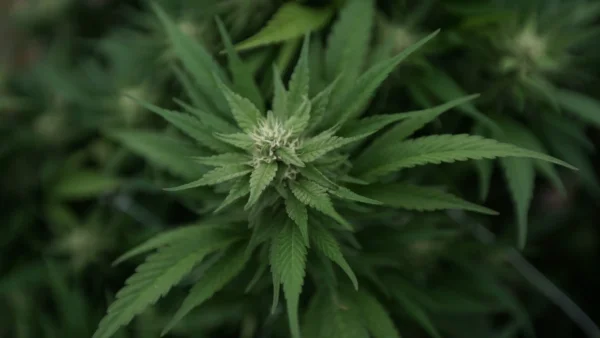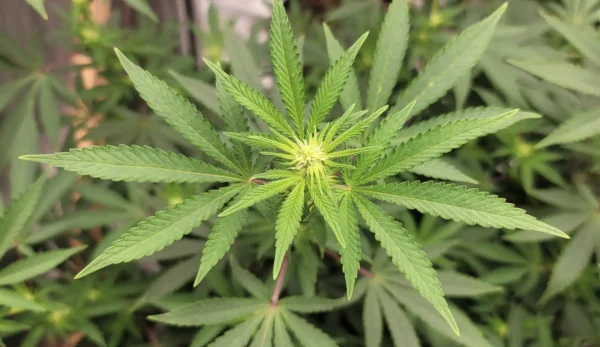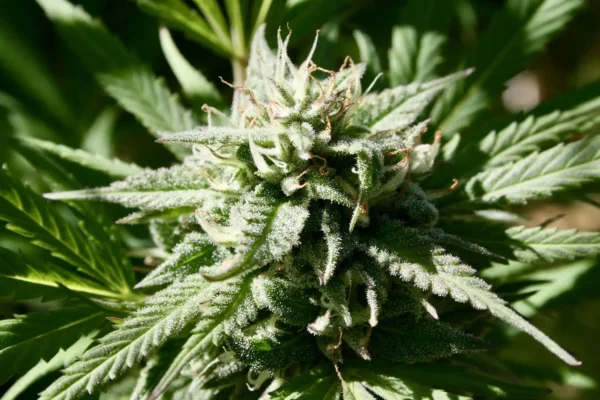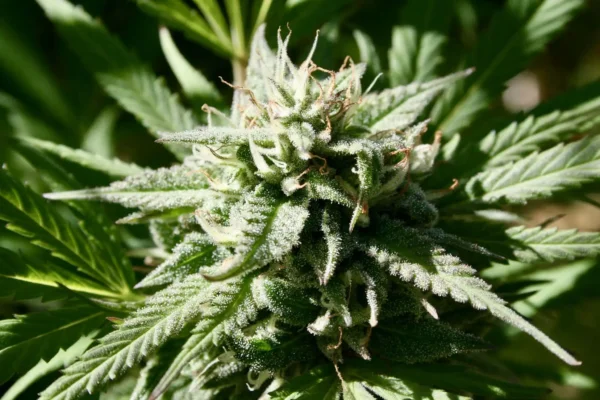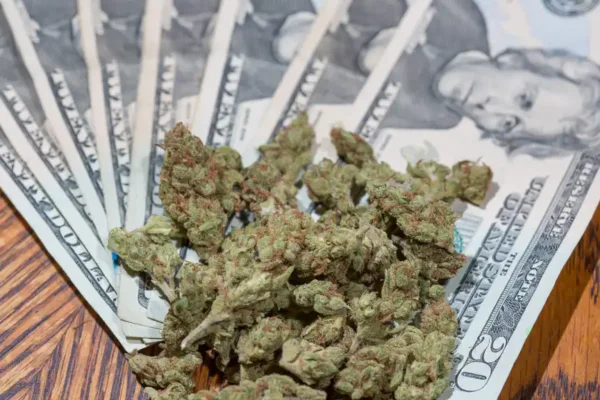Subtotal: $1.95
DEA Says Marijuana Rescheduling Appeal Process Remains Stalled Under New Administrator Who Pledged To Prioritize The Issue
DEA marijuana rescheduling process remains stalled, and the plate’s getting cold. The agency says it’s still parked at the same junction it’s sat at for months—no light, no movement, just the hum of fluorescent bureaucracy. The promise was simple enough: examine moving cannabis from Schedule I to Schedule III under the Controlled Substances Act, a shift with real-world stakes for the legal cannabis market, tax burdens, and research. In late August, the president teased a decision “within weeks.” It’s now deep into overtime, and the kitchen window is stacked with half-finished orders labeled cannabis taxation, marijuana policy reform, and federal clarity. The Michigan cannabis market might be thriving, New York wrestling with rollout, but at the federal pass, it’s all hurry up and wait.
The new filing reads like deja vu with a government letterhead. The parties in the rescheduling case tell the agency’s Administrator, again, that an interlocutory appeal remains pending. Translation: they’re waiting on a ruling about whether to reconsider something before they can argue about the thing itself. No briefing schedule. No dates. Just a polite shrug in legalese. An administrative law judge had the matter earlier; now it’s floating in a procedural eddy while stakeholders parse tea leaves and balance sheets. It’s the third such joint status update with nearly identical language—a bureaucratic haiku reminding the industry that the clock ticks even when the scoreboard doesn’t. For the curious gluttons for source material, the joint status report is posted on DocumentCloud; the gist is simple—“pending” is the word of the day, and tomorrow isn’t promising a different menu.
Politics, of course, seasons the stew. The new DEA chief, Terrance Cole, pledged during confirmation to prioritize the review. The administration’s pick for drug czar told senators that all options remain on the table and even called cannabis reform “bipartisan.” A few GOP voices dubbed rescheduling a “game changer,” and they weren’t wrong about the domino math: moving to Schedule III could ease the tax vise (hello, 280E), open research lanes, and grease skids for cannabis banking. It could also scramble compliance culture and force a reckoning with workplace and transportation policies. The tension shows up in split-screen: pressure builds to modernize federal marijuana policy, while some officials worry about how the signal lands with kids. If you want to see that conflict in sharper relief, read As Trump Feels ‘Pressure’ To Reschedule Marijuana, Transportation Secretary Worries About Sending Wrong Message To Youth. Meanwhile, the president’s own megaphone has flirted with the plant’s medical promise—especially CBD for seniors—making the silence on scheduling even louder.
Outside the Beltway, the line cooks aren’t waiting for the maître d’. States continue to move forward, regulating, taxing, and experimenting in public. The patchwork gets more elaborate with every session gavel. Case in point: Virginia Lawmakers Discuss Steps To Prepare State To Legalize Recreational Marijuana Sales Next Year, where the gears are already turning for retail sales. Culture is sprinting, too. Veterans’ halls now weigh THC seltzers as an off-ramp from booze and its ruinous hangovers, a sign that demand and harm-reduction instincts share a barstool. For that evolving frontline, see Top Veterans Group Partners With Cannabis Brand To Promote THC Drinks As Alcohol Alternative At VFW Posts. Every new state license and community partnership raises the stakes on federal inertia. The longer the rescheduling appeal process lingers, the more the legal cannabis revenue machine runs with mismatched parts—local innovation strapped to federal prohibition-era bolts.
Then there’s sovereignty and the edges of the map. Tribal nations have charted their own course on legal cannabis, creating both opportunity and friction with federal overseers who can’t decide if they’re referees or critics in the cheap seats. The incoming signal from Main Justice matters here, and scrutiny is already in the air—see Trump AG Pledges To Review Tribe’s Legal Marijuana Sales As Administration Separately Considers Rescheduling. That’s the broader story of this moment: a growing, complicated industry navigating gray zones while the federal government ponders a definition of reality that most Americans have already embraced. The DEA’s rescheduling appeal is the bottleneck. Unlock it, and you get cleaner rules, saner taxes, and fewer lawyers in the kitchen. Leave it as-is, and the line keeps cooking blind, with risk passing to consumers, small operators, and anyone without a lobbyist on speed dial. If you want to explore what’s next at the ground level, take a look at what’s fresh and compliant in our world right now: visit our shop at https://thcaorder.com/shop/.







